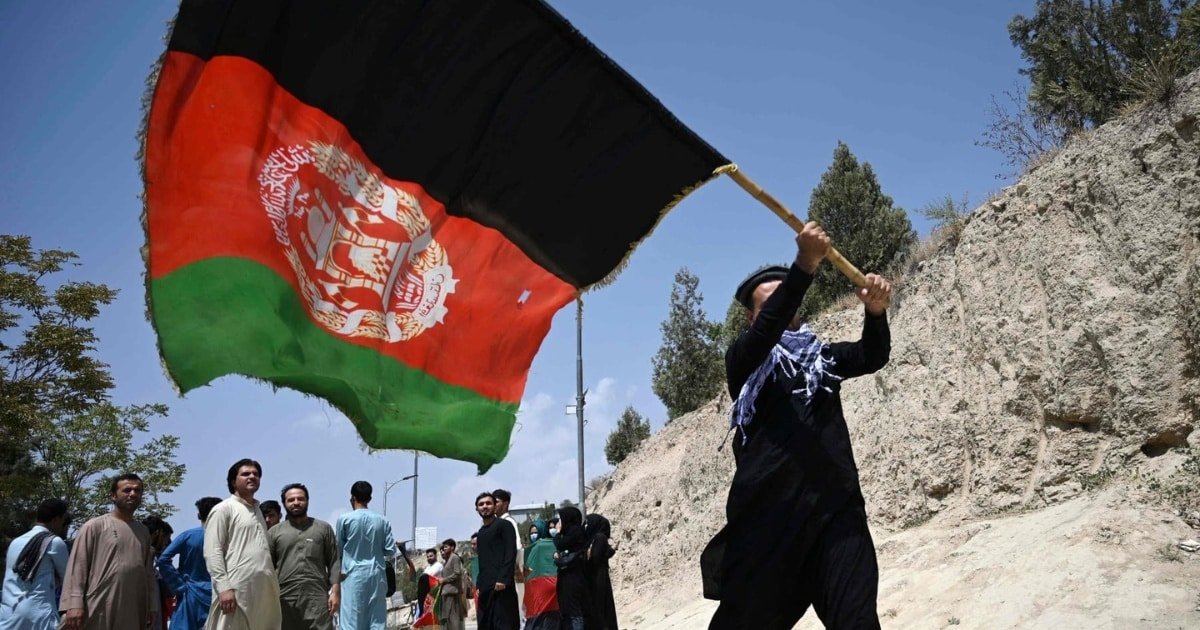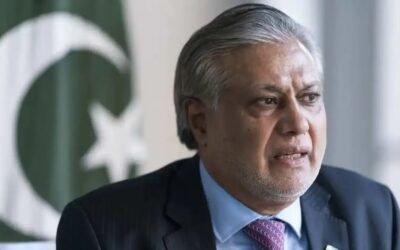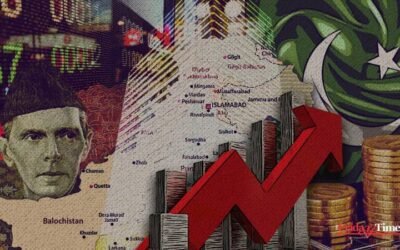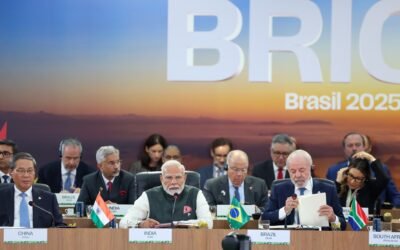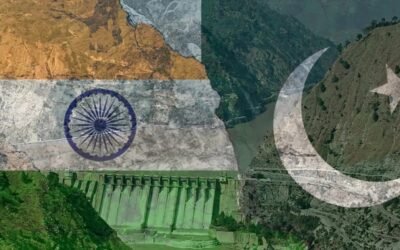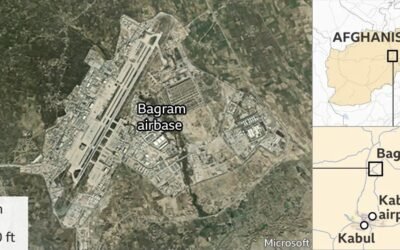Afghanistan is a country with a long and troubled history of rhetorical abuse of war, invasion, and changes of power. There are two important dates when discussing the future of the country: August 19, 1919, when Afghanistan became independent from the British influence, and August 15, 2021, when the Taliban took control of Kabul as the US expelled its military forces. The initial date is recorded with pride that Afghans were finally out of foreign rule and started celebrating as Independence Day. The second, though, was fearful and uncertain, and many Afghans feared the possibility of losing their rights and freedoms under the Taliban. These two August days in combination portray the dramatic oppositions in the Afghan journey.

August 19, 919: The Independence of Afghanistan
Having spent years in the trap between the British Empire in India and the Russian Empire in the north, Afghans craved complete independence over their affairs. The opening appeared when King Amanullah Khan proclaimed war against Britain in May of 1919, initiating the Third Anglo-Afghan War.
The war did not last long, but it made the British accept the fact that Afghanistan had authority in its foreign affairs in the Treaty of Rawalpindi, signed in August 1919. This is the day that is commemorated annually on August 19 because it is the official Independence Day in the country.
Afghans had a new feeling of national pride after their independence. King Amanullah Khan took advantage of this situation to implement reforms that directed the modern-day Afghanistan by improving education, introducing new laws, and strengthening its governance. Most of his reforms did not hold, but it is hard to understate the importance of the spirit of 1919. It was considered a conquest over foreign powers and also the beginning of the journey to sovereignty.
You May Like To Read: U.S. Secretary of State Warns of “Potentially New Sanctions” on Russia if No Ukraine Peace Deal
August 15, 2021: Taliban Takeover
August 19, 2021, was the official Independence Day in Afghanistan, but the nature of the holiday had become entirely different. It was just four days ago that the Taliban had seized Kabul, and by Independence Day, they were already celebrating success over what they termed as foreign occupation. Taliban fighters paraded in the streets in several cities with the equipment they seized from the U.S. Armed Forces, and in some instances staged their parades on the very same day that the Afghans would normally commemorate their liberation by the British in 1919.
The Taliban have taken control of Afghanistan’s capital city, Kabul, causing chaotic scenes to unfold at the city’s international airport as scores of civilians try to flee the country. New satellite images show crowds of people on the tarmac. https://t.co/PyQbOt2Bjp pic.twitter.com/5uE1IbxRLd
— CNN (@CNN) August 16, 2021
The Independence Day in 2021, instead of a uniting national holiday, turned into a litmus test. The Taliban posed as people trying to defend their Afghan sovereignty, whereas many average Afghans felt that their sovereignty had been replaced by intimidation and bondage. In some places, protests were held where inhabitants displayed the Afghan national flag rather than the white one of the Taliban, making it clear to them that being independent did not involve mere absence of foreign troops. National pride and a venerated date on the calendar, August 19, was now showing a clash of two quite different images of future Afghanistan.
You May Like To Read: Pakistan’s Diplomatic Balancing Act in the Middle East
Similarities and Differences of the Two Augusts
The two dates, 1919 and 2021, both in August, are highly different milestones in the history of Afghanistan. In 1919, Afghans rejoiced that the power of foreign influence had been removed and that they could construct their future in a sovereign state. It was the time of hope, solidarity, and national pride. The Taliban capture, witnessed in 2021, however, resulted in a dissimilar atmosphere. Though the group purported to have liberated the country for the second time, a lot of Afghans viewed it as a new era of retribution and rights deprivation.
The two occasions were associated with the concept of independence, but that independence meant different. The independence of 1919 was concerned with being free in the world as a nation, whereas the events of 2021 were about being free in the country itself, freedom of individuals, and freedoms of women, minorities, and political voices. These two Augusts demonstrate, in such a manner, not only the power of the Afghan aspiration to be independent but also the strong contradictions in the meaning and perception of independence among its people.
Independence at the Crossroads
Among Afghans in the world today, independence is not easy. On the one hand, it implies the absence of foreign control which formed the history of the country over the centuries. Conversely, some people hold the view that real independence must allow people to freely think, be equal, and not be afraid to live. It is here that the separation between formal commemoration of sovereignty and the actual lives of common Afghans emerges. The 2021 developments indicated that political independence is not a sufficient condition for peace or dignity. As the Taliban made their entrance proudly revealing they were the victors and were in charge and were seen as defending the sovereignty of the Afghans, many citizens felt they were silenced and limited. Independence without rights seemed to be imperfect among the women, students, journalists, and minorities.

